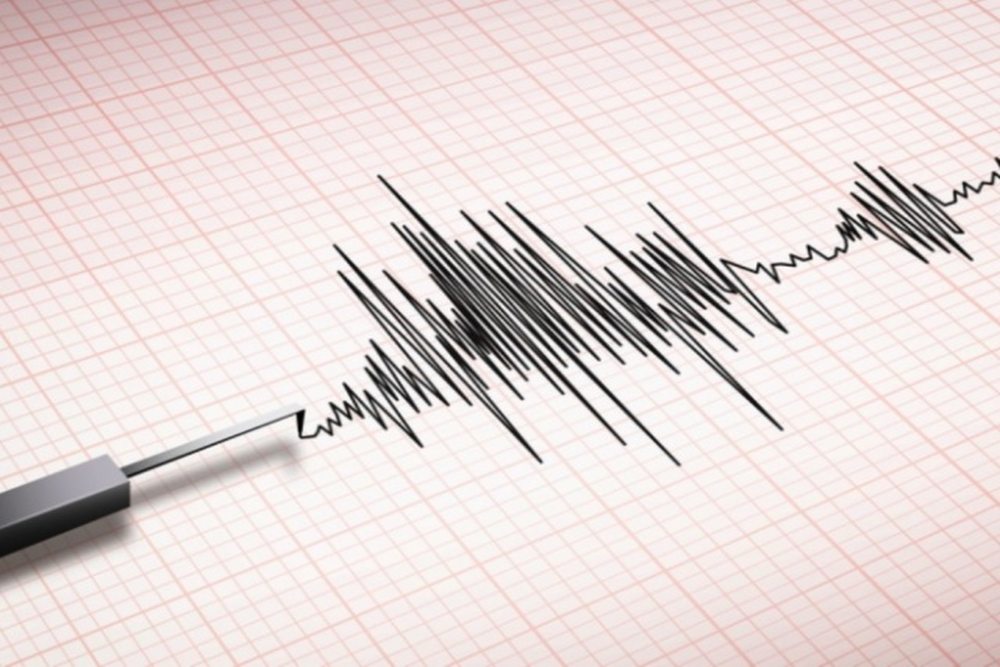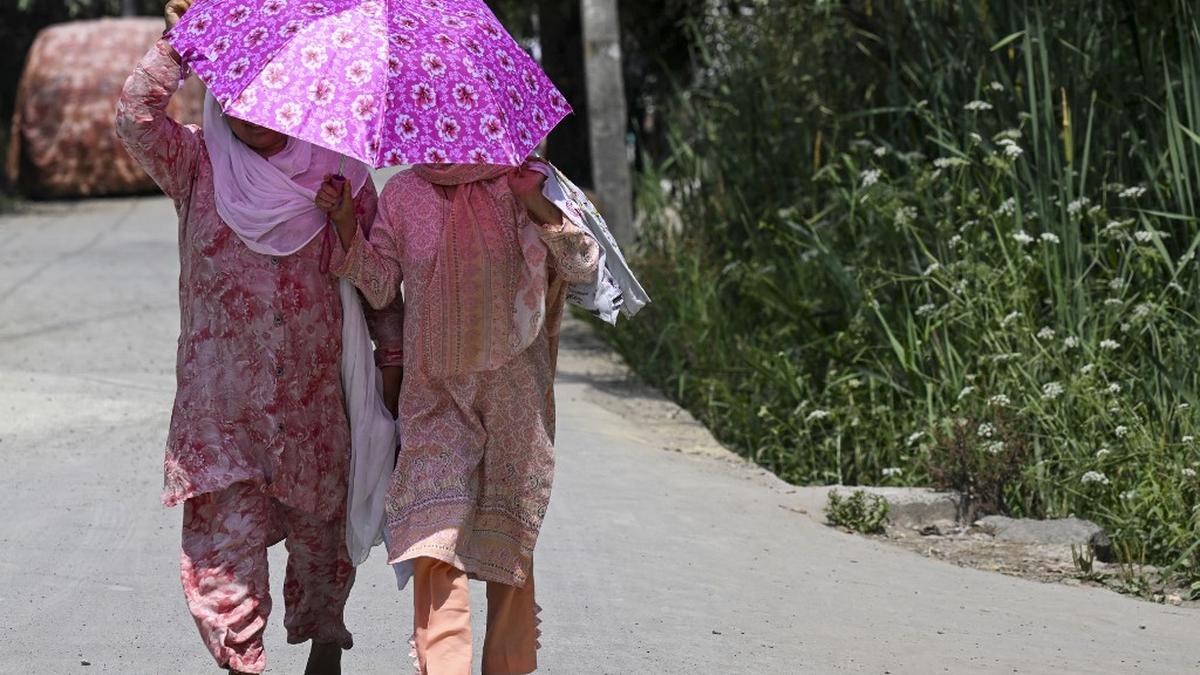Collective Punishment Is Not Justice: Stop Demonizing Kashmiris in the Name of National Security
By: Javid Amin | Srinagar | 29 July 2025
Full Statement from NC Leader Ruhullah Mehdi:
“Whenever an incident takes place in Kashmir — whether it was the Pulwama tragedy in 2019 or the recent attack in Pahalgam — the Government of India’s response has too often been one of collective punishment, not lawful investigation.
Before any credible proof is found, before any accountability is established, the entire population of Kashmir is painted as suspect.
After the Pahalgam incident, 12 homes were blown up — without evidence, without trial, without due process. These were not militants’ bunkers. These were ordinary homes. Their only crime was being close to where an incident occurred.
Today, more than 2,000 Kashmiri youth are locked in jails across India, many without charges, without trials, and without access to justice. Their families wait in silence. Their crime? Being Kashmiri.
Across the country, our people are beaten, abused, branded as terrorists, and forced to leave their jobs, education, and livelihoods. This is not security — it is sanctioned profiling.
Let me say this clearly:
Demonizing an entire population is not nationalism. It is hate.
And this hate is destroying the soul of India.Kashmiris are not your enemy. We are citizens of this country. But a nation that sees its own people as enemies, simply because of their identity, is in deep moral crisis.
If justice is to mean anything, it must begin with the end of collective punishment. It must begin with restoring faith in law, not fear of the state.”
Tragedy Should Not Justify Tyranny
Whenever tragedy strikes in Kashmir—be it the devastating Pulwama attack in 2019 or the recent Pahalgam incident in 2025—the Government of India’s knee-jerk reaction is far too often collective punishment, not lawful accountability.
Instead of evidence-based investigation, what follows is a blanket vilification of an entire population. An entire valley is treated as hostile, suspect, and criminal—simply because they are Kashmiri.
This isn’t counter-terrorism. This is collective persecution. And it must stop.
Pahalgam Aftermath: Homes Razed Without Evidence
The recent militant attack in Pahalgam shocked the region and rightly triggered outrage. But what followed was equally horrifying.
Within hours, 12 homes were demolished in the area—without trial, without court orders, and without due process. The only justification? Suspicion.
Let’s be clear: home demolitions are irreversible acts of punishment. In most democracies, this is considered a grave human rights violation unless sanctioned through a judicial process.
When suspicion replaces proof, and punishment precedes trial, democracy begins to rot.
Pulwama and the Dangerous Precedent
This pattern isn’t new. After the Pulwama suicide bombing in 2019, there was a nationwide wave of anti-Kashmiri sentiment:
-
Students were attacked in universities.
-
Businesses run by Kashmiris were vandalized or boycotted.
-
Many were forcibly evicted from rented homes or hostels.
-
Dozens were detained without charge, some under the draconian Public Safety Act (PSA).
Instead of seeking individual accountability, the state enabled collective revenge. The media aided this by turning Kashmiris into permanent suspects in the national psyche.
2,000+ Kashmiri Youth in Jails Across India—Without Trial
As of mid-2025, more than 2,000 young Kashmiris languish in jails far from home—held without trial or formal charges. Their “crime”? Often nothing more than being at the wrong place, or worse, being Kashmiri during a tense time.
These youth have:
-
No access to timely legal aid.
-
Families who cannot afford to travel thousands of kilometers to visit them.
-
No dates for hearings, no formal indictments, and no clarity on when or if they’ll be released.
This isn’t justice—it’s legal limbo. And it is turning young people into permanent prisoners of suspicion.
Kashmiri Identity Becomes a Liability Across India
Beyond arrests and demolitions, there’s a social cost to this state-sponsored suspicion:
-
Kashmiri students are denied hostel accommodations or harassed in colleges.
-
Job applicants are blacklisted in both public and private sectors.
-
Entrepreneurs and traders face economic exclusion in the name of “national security.”
-
Hate speech online often incites physical attacks offline.
A young Kashmiri woman in Delhi pursuing her master’s degree recently shared:
“I can’t say I’m from Kashmir anymore. People stop calling back after they find out. Even my professors avoid eye contact.”
This is the psychological siege Kashmiris live under, far beyond their homeland.
Nationalism Is Not Hate: The Dangerous Slide
Let’s be honest—this isn’t patriotism. This is hate weaponized as policy.
True nationalism unites. It uplifts. It strives to include every Indian in the journey of progress. What we are seeing in Kashmir is the weaponization of nationalist rhetoric to crush dissent, erase identity, and excuse injustice.
Demonizing an entire population is not nationalism. It is bigotry. And it is corroding the very soul of the Indian Republic.
Where Are the Courts, Where Are the Checks?
One of the tragedies of modern Kashmir is the near-complete institutional silence:
-
The courts rarely intervene unless pushed hard.
-
NHRC and minority commissions issue generic statements.
-
Opposition voices are muted or branded anti-national.
Democracy doesn’t die only through dictatorship—it also dies through institutional indifference. If the judiciary, media, and civil society do not speak up now, we risk normalizing authoritarian violence under the garb of national interest.
The Vicious Cycle: Tragedy, Suspicion, Persecution
This is now a tragic but familiar cycle in Kashmir:
-
A militant incident takes place.
-
The state blames Pakistan and invokes national security.
-
Random Kashmiri men are picked up in late-night raids.
-
Houses are blown up; parents plead on television.
-
Mainstream media justifies the state’s excesses.
-
The cycle repeats—without resolution, without healing.
This is not how democracies respond to tragedy. This is how empires crumble, one community at a time.
What Needs to Change: A Call for Justice
Here’s what a just and democratic response to Kashmir’s tragedies should look like:
Evidence-Based Investigation
Security forces must investigate crimes, not avenge them. Arrest only with warrants, prosecute only with evidence, and respect the rights of the accused.
Independent Oversight
Set up an independent human rights commission with powers to:
-
Audit arrests and detentions.
-
Review demolitions and property damage.
-
Recommend reparations where rights are violated.
Restore Civil Liberties
End arbitrary detentions. Release those held without charges. Repeal blanket use of laws like PSA and UAPA on juveniles and students.
Address Hate Campaigns
The government must condemn anti-Kashmiri violence across India. Issue advisories to state governments and universities to ensure protection for all citizens, regardless of region or religion.
Normalize Dialogue
If peace is the goal, dialogue cannot be avoided. Reopen political, cultural, and educational platforms for Kashmiri youth to express their aspirations without fear of retaliation.
Final Word: A Republic That Targets Its Own Cannot Thrive
India is too great a nation to be driven by vengeance. Our strength lies not in punishing the weak, but in upholding the Constitution even during chaos.
The demonization of Kashmiris is not only morally wrong but strategically foolish. It creates more alienation, more unrest, and more distance between the people and the state.
To the Government of India, this is the message from the ground:
“We are citizens, not suspects. Treat us as Indians, not enemies.”


